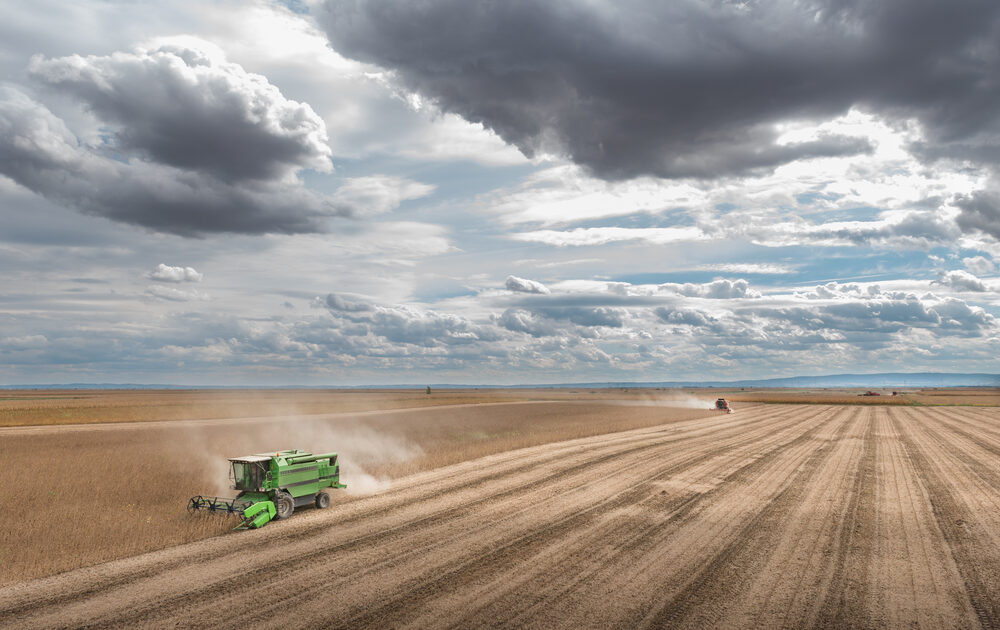Climate Change Could Mean Widespread Nutrient Deficiency, Says Harvard Researchers

As carbon dioxide levels increase as a result of climate change, we could be facing food shortages, not to mention widespread nutrient deficiencies.
That’s the findings of a recent study published in the journal The Lancet. According to Harvard University researchers, increasing levels of carbon dioxide will lower the content of zinc in major food crops. The “study predicts that by the year 2050, when the carbon dioxide concentration in the Earth’s atmosphere is expected to reach 550 parts per million, at least 138 million more people will be placed at risk of a zinc deficiency,” reports the Washington Post.
The research team looked at data taken from experimental crop-growing scenarios with varying levels of carbon dioxide concentrations. They noted that as carbon dioxide increased, key crops including wheat, rice, barley, soy and field peas showed decreasing levels of zinc.
Zinc plays a vital role in human heath, particularly for pregnant women and small children. “A zinc deficiency can increase the likelihood of death by all kinds of common diseases, such as diarrhea and pneumonia,” explains the Post. And the study notes that more than a billion people around the world are already at risk. By 2050, the researchers noted, 140 million people will most likely not be getting sufficient amounts of zinc through their diet.
Developing nations are most at risk for the climate change-induced zinc deficiencies, with the research pointing to approximately 48 million people in India alone as high risk.
“It’s very clear that there’s this weird inversion where the wealthiest people are putting the most carbon dioxide in the atmosphere, and the poorest people are experiencing the most vulnerability to this effect,” says Samuel Myers, the study’s lead author.
Myers also points out that the numbers are likely to be even higher. “We all know that there are going to be something like another two to three billion people sharing the planet with us by 2050,” he says. “And so if you just scale the effect, it would be much higher numbers [of affected people].”
Find Jill on Twitter and Instagram
Related on Organic Authority
EPA Finds Greenhouse Gases Pose Public-Health Threat
Big Organic Farming Operations Not So Green, Warns Study
Nestlé, Unilever, PepsiCo and Coca-Cola Commit to Halve the World’s Food Waste
Soybean farm image via Shutterstock

